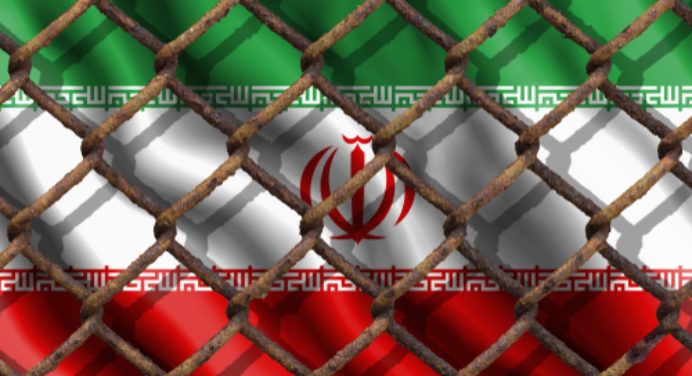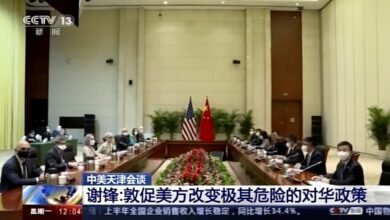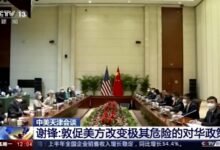
In democratic societies, leadership is earned through transparent elections, popular support, and accountability. Yet, within the fragmented Iranian opposition abroad, individuals often declare themselves leaders without any legitimate vote or mandate. These claims gain traction not from the people’s will but through media amplification, private networks, and foreign government backing. The crucial question remains: Who actually appointed them?
Consider Reza Pahlavi, heir to a deposed monarchy, who proclaims himself leader of the Iranian opposition without any democratic process. No election. No mandate. No accountability. This form of self-appointed leadership creates a fragile illusion, masking a void of legitimacy and undermining unity.
Learning from Exiled Democracies
Across the world, oppressed communities in exile have embraced democracy rather than autocracy:
The Tibetan diaspora established the Central Tibetan Administration in 2001. In 2021, over 80,000 Tibetans across more than 20 countries participated in free, independently supervised elections to choose their Sikyong (political leader), with a turnout exceeding 75%.
The Uyghur diaspora has formed the East Turkistan Government-in-Exile and the World Uyghur Congress, electing leaders such as Dolkun Isa and Salih Hudayar through transparent voting processes involving delegates from over 25 countries.
In 2023, the East Turkistan Government-in-Exile further advanced democratic practices by holding parliamentary candidate elections across Europe, ensuring diaspora participation, identity verification, and transparency.
These examples demonstrate that exile communities do not wait for liberation at home—they practice democracy now, building credibility, unity, and global recognition.
—
A Democratic Blueprint for Iranians Abroad
With millions of Iranians living abroad, the infrastructure exists to conduct democratic leadership elections:
Establishing a neutral, digital platform with verified identities
Transparent nomination, campaigning, and independent oversight
Electing either a leadership council or a single executive with broad popular support
This process is not symbolic but foundational—a rehearsal for a post-authoritarian Iran, cultivating the values and mechanisms of democracy today.
The alternative—continued self-appointment, opaque backroom deals, and foreign patronage—only deepens mistrust, division, and strategic failure.
—
Conclusion: Leadership Must Begin Within
Real leadership is not claimed, inherited, or media-constructed; it is earned through transparency, accountability, and popular consent. The Iranian people, both inside and outside the country, deserve representatives chosen by themselves, not imposed upon.
If Tibetans and Uyghurs can build democratic governance under pressure in exile, so can Iranian expatriates. The time to begin is now—not tomorrow.
—
Key insight:
Without democratic legitimacy, leadership is fragile.
With it, leadership is credible and enduring.







